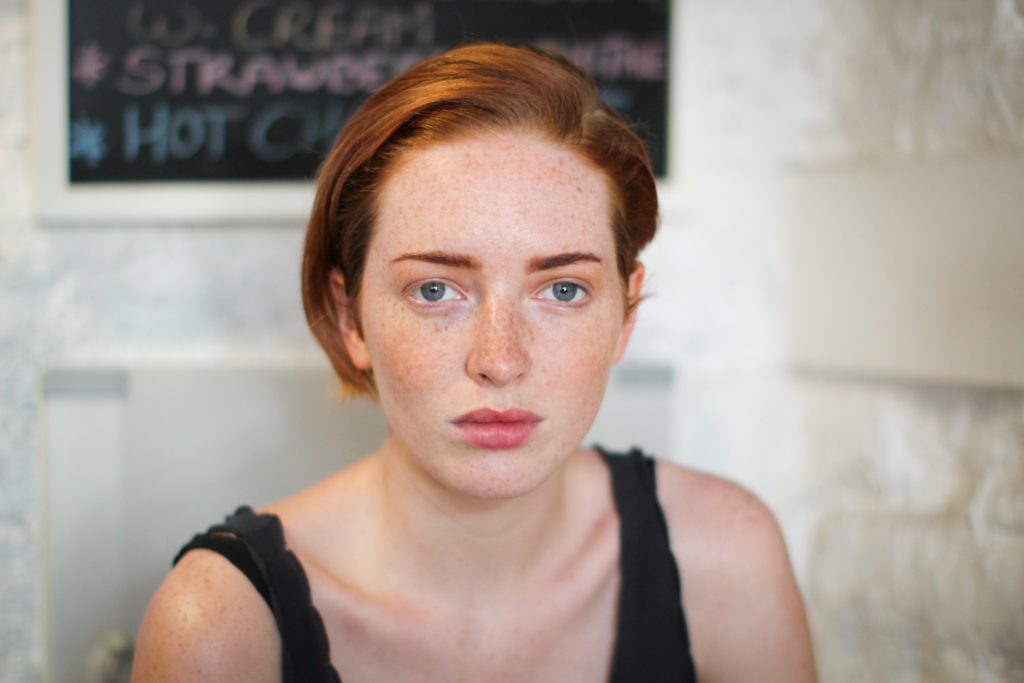Zara, blogs about finally reaching out for support.
I was 13 years old the first time I thought ‘oh everyone else seems to manage life better than I do’. I was 15 years old when a string of broken friendships and emotional ‘overreactions’ made me think ‘oh there must be something wrong with me’. Every day was plagued with dark self-hating thoughts and crippling anxiety kept me from social activities and any form of rest or relaxation. I no longer saw any kind of future for myself.
Throughout my life I have been ‘high functioning’ and a champion for repressing any big or emotional event in my life. This is why I was 25 before I reached out for support.
![]()
“Whenever anyone would mention getting help, I was convinced I wasn’t ‘unwell enough’, my problems weren’t ‘big enough’ and I just needed to ‘pull myself together’ and ‘get over myself’. ”
With the isolation and pressures that came with the pandemic, like many others, I found my mental health spiralling. I finally reached out to my GP, explaining that I felt I had no control over my emotional regulation, struggled with dark thoughts, and couldn’t sleep. I was worried I was being to vague, not being specific enough to warrant any help, but I was immediately referred to Oxfordshire Mind.
I was completely terrified before my first telephone appointment. I debated cancelling it right up until the morning of. I was scared I was wasting time and resources that other people needed more than I did. I was scared of being judged, but the woman I spoke to made me feel validated for the first time. What I assumed would be a clinical telephone assessment, not dissimilar to a GP appointment, ended up feeling like a chat with a friend. The lady I spoke to was empathetic and gentle, giving me the patience to get my words out despite my anxiety. I spoke to her twice, for about an hour each time, the first call was to explain my concerns and worries, and the second was to talk over the resources available to me and what my options were.
I got to have an introductory call with my wellbeing worker, which helped in reducing my anxiety going into the programme. And I was relieved to discover that although the idea was a CBT/DBT focused programme, each session was entirely person centred. It was up to me what we spoke about, what support I wanted (information, tools, or just someone to talk to). Again, I was relieved to discover that nothing felt clinical or overly structured. The only expectation on me was to show up and participate as best as I could. My wellbeing worker listened to the fact that I didn’t feel like I could pinpoint my specific issues and was flexible with our sessions to help me pinpoint what I needed both in the sessions and long term.
Not only did I receive support for those 12 weeks, but throughout the programme, my wellbeing worker made me feel like she was genuinely invested in my long-term progress. She helped me identify what supported I needed after my 12 weeks were over, provided information about where I could access further therapy, and made sure I wouldn’t just give up on myself once our work together was done.
![]()
“Oxfordshire Mind has completely changed the way I think about mental health services. I have learned that there is no such thing as ‘not unwell enough’ or ‘too late’. ”
You don’t need to wait until you hit rock bottom, the support is there now, and no problem is too small. It is no exaggeration to say that the support I have received has changed my life, and I can finally see a future for myself again.


